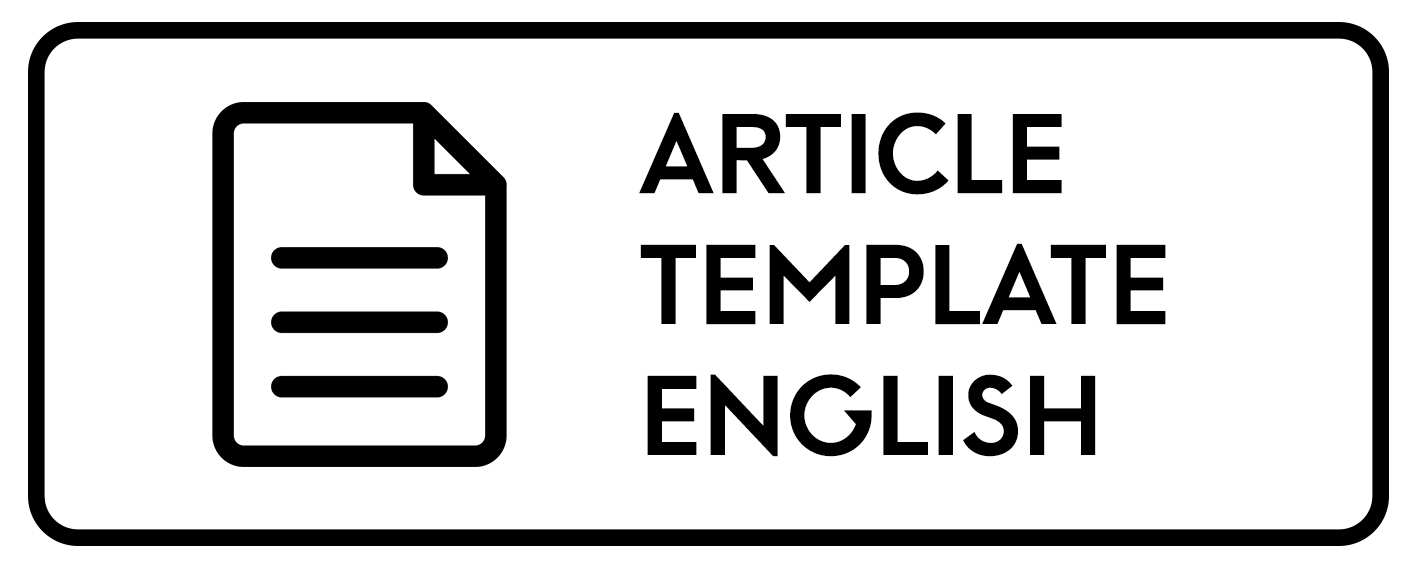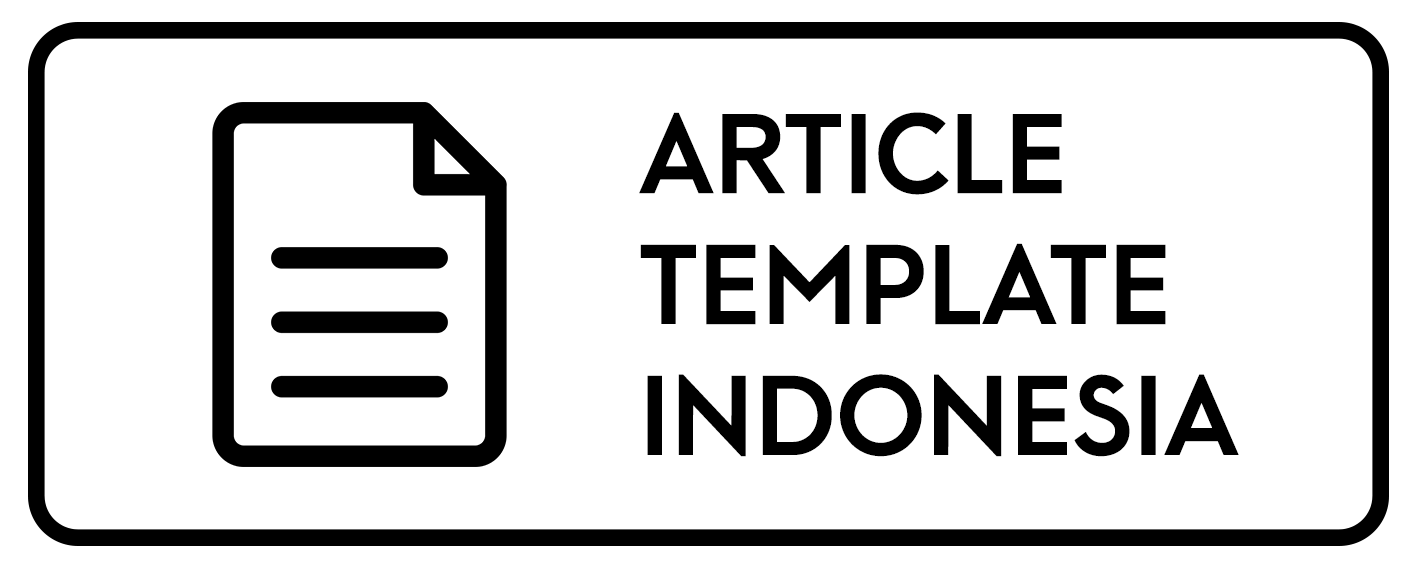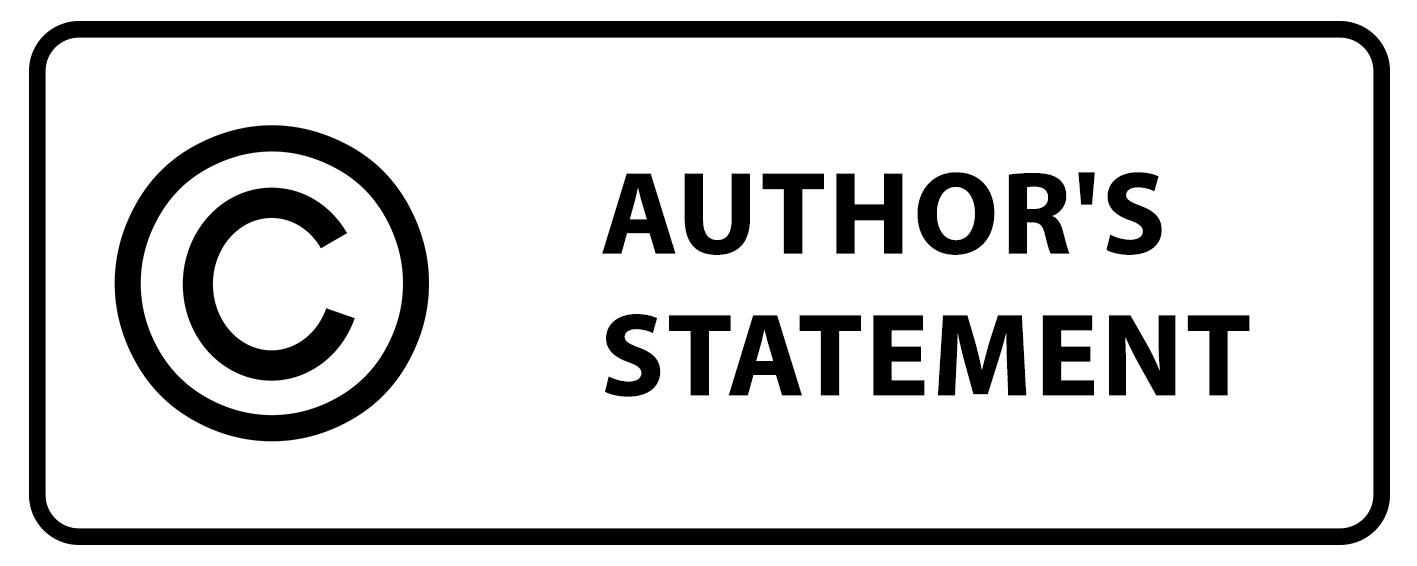Analisis implementasi manajemen Kurikulum Merdeka dalam meningkatkan mutu pendidikan SMK Pusat Keunggulan
DOI:
https://doi.org/10.30872/jimpian.v4i2.4311Keywords:
Kurikulum Merdeka, mutu pendidikan, SMK Pusat Keunggulan, manajemen kurikulumAbstract
Tujuan Kurikulum Merdeka di SMK-PK Samarinda adalah untuk mendorong lebih banyak kolaborasi industri, membuat pendidikan lebih mudah beradaptasi dengan kebutuhan individu siswa, dan mempersiapkan mereka dengan lebih baik untuk dunia kerja. Tujuan memperkenalkan Kurikulum Merdeka ke sekolah kejuruan pusat teratas di Malaysia dan bagaimana hal itu telah meningkatkan standar pengajaran dan kinerja siswa. Wawancara, observasi partisipan, dan analisis dokumen merupakan semua komponen dari metodologi studi kasus, yang bersifat kualitatif. Hasil penelitian menunjukkan bahwa kurikulum direncanakan dengan baik, dijalankan, dan dievaluasi; meskipun demikian, ada beberapa kendala, seperti biaya pemantauan siswa yang berlokasi jauh dan kesulitan dalam mengoordinasikan lokasi praktik kerja industri. Secara umum, tingkat kompetensi lulusan meningkat secara signifikan dengan penerapan manajemen kurikulum. Temuan penelitian ini menunjukkan bahwa sekolah harus berkonsentrasi untuk membuat kurikulum mereka lebih fleksibel dan mudah beradaptasi, dan bahwa mereka harus memperkuat hubungan mereka dengan dunia usaha untuk memberi siswa lebih banyak kesempatan untuk mendapatkan pengalaman praktis. Diharapkan bahwa administrator sekolah akan memimpin dengan visi, dan sangat penting bahwa guru terus meningkatkan keterampilan mereka melalui pengembangan profesional dan pendekatan pedagogi yang kreatif.
Downloads
References
Imron, A., & Nugrahani, F. (2019). Strengthening pluralism in literature learning for character education of school students. Humanities and Social Sciences Reviews, 7(3), 207–213. https://doi.org/10.18510/hssr.2019.7332
Napitupulu, M. (2023). Implementasi Manajemen Kurikulum Merdeka Belajar dalam Peningkatan Mutu Pendidikan di SMA Negeri 1 Bandar. Journal on Education, 9–12, 5397–5406. https://doi.org/10.31004/joe.v6i1.3722
Agus, A., & Solehah, S. (2023). Manajemen Kurikulum Merdeka Dalam Meningkatkan Mutu Pembelajaran di SMK. Jurnal Educatio, 9(4), 2235–2243. https://doi.org/10.31949/educatio.v9i4.6848
Nasution, A. F., Ningsih, S., Silva, M. F., Suharti, L., & Harahap, J. P. (2023). Konsep dan Implementasi Kurikulum Merdeka. COMPETITIVE: Journal of Education, 2(3), 201–211. https://competitive.pdfaii.org/index.php/i/article/view/37
Ningrum, A. S. (2021). Pengembangan Perangkat Pembelajaran Kurikulum Merdeka Belajar (Metode Belajar). Journal Mahesa Research Center. https://doi.org/10.34007/ppd.v1i1.186
Pratycia, A., Putra, A., Salsabila, A., Adha, F., & Fuadin, A. (2023). Analisis Perbedaan Kurikulum 2013 dengan Kurikulum Merdeka. Jurnal Pendidikan Sains Dan Komputer, 3(01), 58–64. https://jurnal.itscience.org/index.php/jpsk/article/view/1974
Aulia, P., Rustam, & Hayati, F. (2024). Implementasi Kurikulum Merdeka di MAN 1 Medan. Jurnal Budi Pekerti Agama Islam, Volume. 2 No., 277–303. https://doi.org/10.61132/jbpai.v1i6.741
Setiawan, N., & Sofyan, H. (2020). Implementasi kurikulum merdeka belajar di SMK Pusat Keunggulan. Jurnal Taman Vokasi, 10 (1), 31–37. https://jurnal.ustjogja.ac.id/index.php/tamanvokasi/article/view/12114
Siswanto, B. (2021). Pengantar Manajemen. Bumi Aksara.
Siti, Z., Tika, M., & Meisin. (2020). Problematika guru dalam menerapkan kurikulum merdeka belajar. Jurnal Pendidikan Dan Pembelajaran Dasar, 9(2), 163–177. https://doi.org/10.3390/su12104306
Triwiyanto, T. (2022). Manajemen Kurikulum dan Pembelajaran. Bumi Aksara.
Warman, Suryaningsi, & Mulawarman, W. G. (2021). Overcoming Obstacles in Implementing 2013 Curriculum Policy. Cypriot Journal of Educational Sciences, 16(3), 967–980. https://un-pub.eu/ojs/index.php/cjes/article/view/5770
Warman, W., Lorensius, L., & Rohana, R. (2021). Curriculum of Management in Improving the Quality of Catholic School Education in Samarinda City, East Kalimantan, Indonesia. Budapest International Research and Critics Institute-Journal (BIRCI-Journal), 4(3), 3677–3688. https://www.bircu-journal.com/index.php/birci/article/view/2136
Yani, R., Pratiwi, N., & Isman, M. (2023). Implementasi Manajemen Kurikulum Merdeka Belajar Dalam Meningkatkan Kompetensi Siswa SMK Budi Utomo Binjai. JMP-DMT, 4(2). https://jurnal.umsu.ac.id/index.php/JMP-DMT/article/view/14953
Yasmin, Z., Suryadi, E., Santoso, B., & Suparno, S. (2023). Investigating employee performance in higher education: The role of satisfaction and commitment. International Journal of Evaluation and Research in Education (IJERE), 12(4), 1819. https://doi.org/10.11591/ijere.v12i4.25157
Downloads
Published
How to Cite
Issue
Section
License
Copyright (c) 2024 Midiaty Midiaty, Widyatmike Gede Mulawarman, Muh. Amir Masruhim

This work is licensed under a Creative Commons Attribution-ShareAlike 4.0 International License.
|
|
Every work in Jurnal Ilmu Manajemen dan Pendidikan is licensed under a Creative Commons Attribution-ShareAlike 4.0 International License.
Under the following terms:
- Attribution — You must give appropriate credit , provide a link to the license, and indicate if changes were made . You may do so in any reasonable manner, but not in any way that suggests the licensor endorses you or your use.
- ShareAlike — If you remix, transform, or build upon the material, you must distribute your contributions under the same license as the original.
- No additional restrictions — You may not apply legal terms or technological measures that legally restrict others from doing anything the license permits.
Authors who publish with this journal agree to the following terms:
- Authors retain copyright and grant the journal right of first publication with the work simultaneously licensed under a CC BY-SA 4.0 DEED Attribution-ShareAlike 4.0 International that allows others to share the work with an acknowledgment of the work's authorship and initial publication in this journal.
- Authors are able to enter into separate, additional contractual arrangements for the non-exclusive distribution of the journal's published version of the work (e.g., post it to an institutional repository or publish it in a book), with an acknowledgment of its initial publication in this journal.
- Authors are permitted and encouraged to post their work online (e.g., in institutional repositories or on their website) prior to and during the submission process, as it can lead to productive exchanges, as well as earlier and greater citation of published work.













